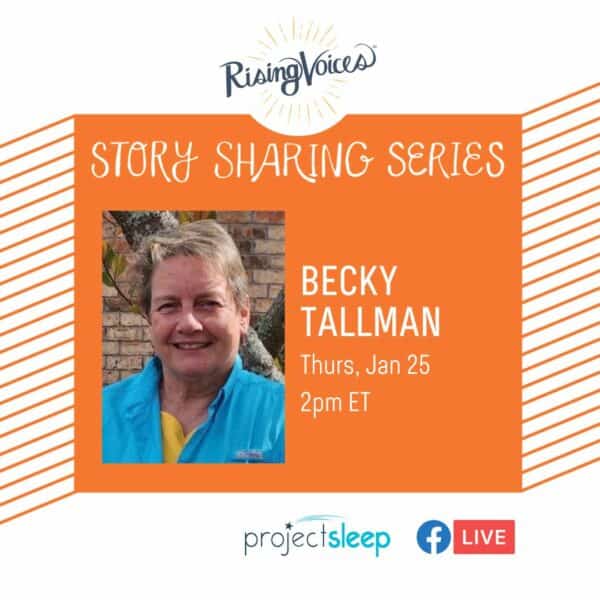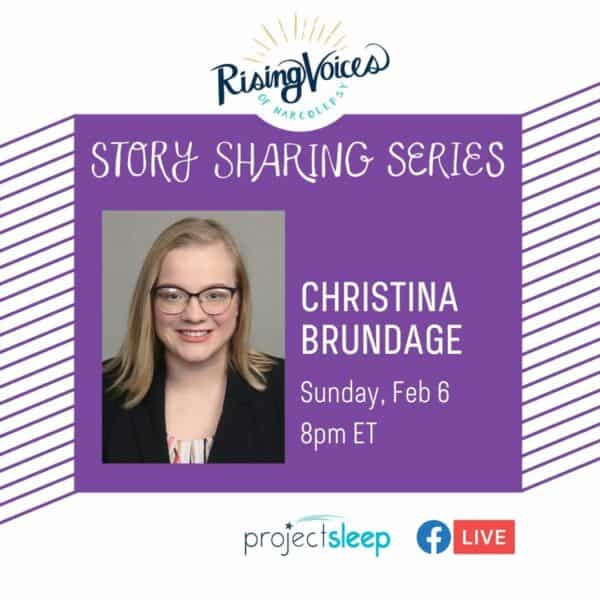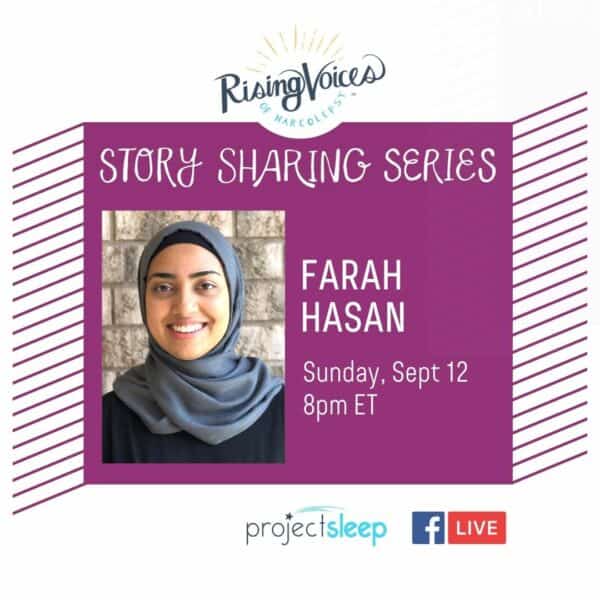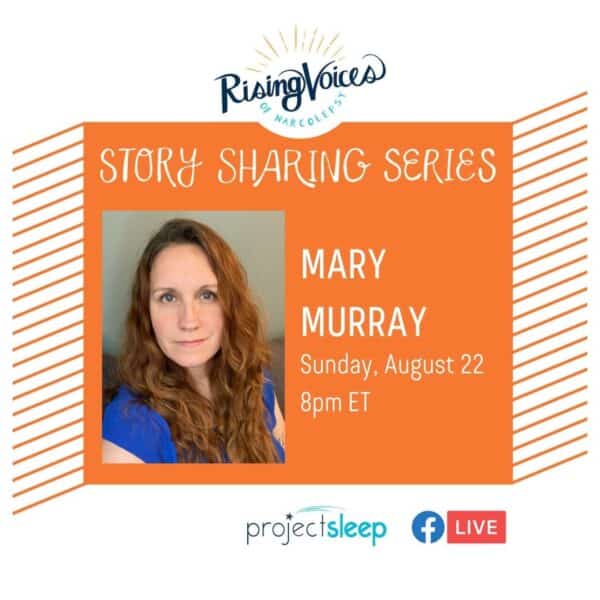Idiopathic hypersomnia (IH) is a chronic neurological sleep disorder. People with IH are very sleepy despite getting normal or longer amounts of sleep, but the exact cause is not known.
Idiopathic Hypersomnia
What are the symptoms of idiopathic hypersomnia?
- Trouble staying awake and alert during the day (excessive daytime sleepiness)
- Sleeping longer than average (more than 11 hours per 24 hours, typically 12-14 hours)
- Extreme difficulty waking from sleep.
- Feeling very groggy, confused, or disoriented when waking up from an overnight sleep or nap (called sleep inertia or sleep drunkenness), which may last for hours after waking.
- Not feeling refreshed even after sleeping an average amount (7-9 hours) or after a nap
- Falling asleep accidentally, e.g. while driving or working
- Difficulty coping with social life, work, or study because of sleepiness (can also lead to depression)
- Some people have trouble with memory and brain fog
- Some people with IH also experience headaches, dizziness, or cold hands and feet

How is idiopathic hypersomnia diagnosed?
Seeing a sleep specialist is recommended for people who are experiencing excessive daytime sleepiness or other symptoms that indicate you may be living with idiopathic hypersomnia.
Diagnosis of idiopathic hypersomnia usually involves medical tests to check for other potential causes of sleepiness, such as narcolepsy or other sleep disorders.
A healthcare provider will ask questions about your symptoms and sleep. Some providers may ask you to monitor your sleep and wake activity for several days by keeping a sleep diary or wearing a clinical device (e.g. an actigraph).
To check for other sleep disorders, an overnight sleep study (also called polysomnography) is done followed by a multiple sleep latency test the next day, where the person is asked to nap for 20 minutes every 2 hours. People who fall asleep very quickly but don’t enter REM sleep may have idiopathic hypersomnia. Both tests are done in a sleep center/lab, with stick-on sensors that measure breathing, heart rate, brain activity, and body movements while asleep.
How is idiopathic hypersomnia treated?
As there is no cure for IH, the goal of treatment is to live well by managing alertness.
Medications may be prescribed to help people feel more alert and active when awake and sleep more deeply at night. These include stimulants, non-stimulant wake-promoting agents, oxybates, antidepressants, and medications that target the GABA system. The FDA has approved only one medication specifically for IH. The other medications are known to be effective for treating sleepiness in other disorders such as narcolepsy and are used “off-label” to treat IH.
Treating other sleep disorders and avoiding certain medications is helpful to reduce other potential causes of sleepiness.
Helpful lifestyle strategies include keeping healthy sleep habits, getting light in the morning, using more than one alarm, asking friends and family to help with waking for appointments, and avoiding driving when sleepy.
Psychologists can help people navigate the challenges of living with IH.
Social support from patient organizations can help people with IH and their families to live well with IH.
Idiopathic Hypersomnia Resources
For more information and resources, please visit the Hypersomnia Foundation. Please also download our free, printable Idiopathic Hypersomnia Fact Sheet for a handy resource to share with friends, family, and medical providers.
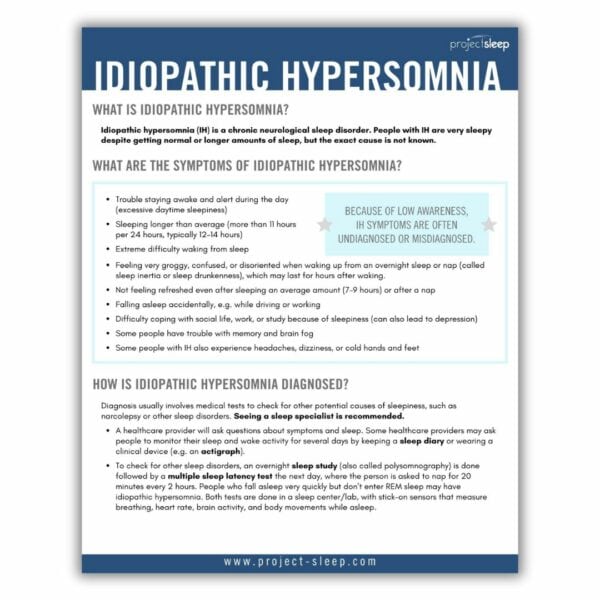
Types of Narcolepsy Toolkit

What distinguishes narcolepsy type 1, type 2, and idiopathic hypersomnia? Can your diagnosis change? This toolkit contains important information and insights from Dr. Chad Ruoff, MD, who shares the latest research and perspectives.
“What is Idiopathic Hypersomnia” Shareables
Help raise awareness of idiopathic hypersomnia with your community by sharing these educational graphics! Sharing these graphics is also a great way to celebrate Idiopathic Hypersomnia (IH) Day annually on June 1st.
Rising Voices Stories: Idiopathic Hypersomnia
Project Sleep’s Rising Voices program serves the dual purpose of fostering a new generation of patient-advocates spreading awareness of sleep disorders while empowering participants.



